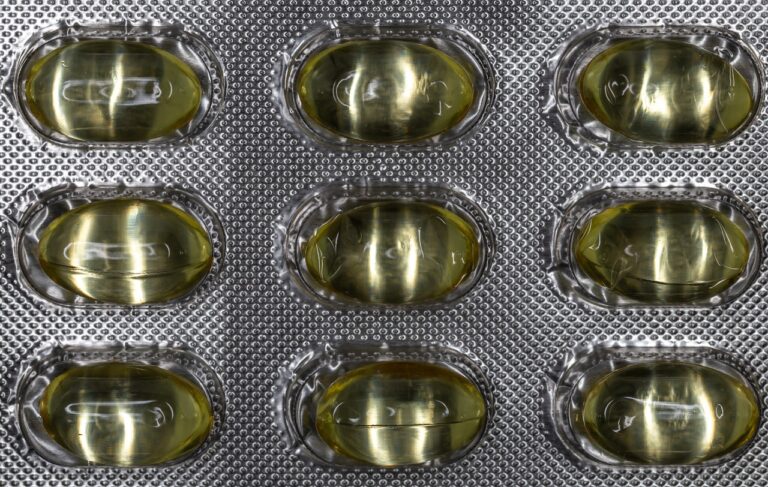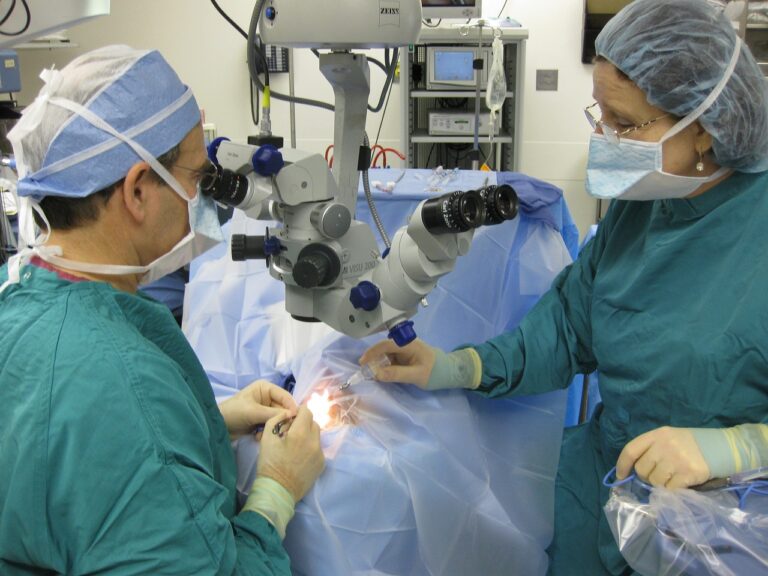The Role of Iron in Male Fertility
betbhai9 whatsapp number, radhe exchange admin, lotus365.win login: Iron is a vital mineral that plays a significant role in various bodily functions, including male fertility. Many men may not be aware of the impact that iron levels can have on their ability to conceive, but research increasingly suggests that maintaining adequate iron levels is essential for optimal reproductive health.
In this blog post, we will explore the role of iron in male fertility and why it’s crucial for men to pay attention to their iron levels when trying to conceive.
The Importance of Iron in Male Fertility
Iron is a crucial component of hemoglobin, a protein in red blood cells that carries oxygen from the lungs to tissues throughout the body. Inadequate iron levels can lead to anemia, a condition characterized by a lack of healthy red blood cells. Anemia has been linked to a variety of health issues, including fatigue, weakness, and difficulty concentrating.
But what does this have to do with male fertility? Research suggests that iron deficiency may also impact reproductive health in men. Studies have shown that low iron levels can lead to decreased sperm quality and motility, which are essential factors for successful fertilization. In addition, iron deficiency has been associated with lower testosterone levels, which can further contribute to fertility issues.
The Link Between Iron and Testosterone
Testosterone is the primary male sex hormone and plays a key role in sperm production and male fertility. Several studies have highlighted the connection between iron levels and testosterone production. One study found that men with lower iron levels had reduced testosterone levels compared to those with adequate iron stores.
Furthermore, iron deficiency can lead to an imbalance in other hormones that are essential for reproductive health. Research suggests that iron deficiency may disrupt the production of hormones such as follicle-stimulating hormone (FSH) and luteinizing hormone (LH), which are important for sperm production and maturation.
How to Maintain Healthy Iron Levels
Ensuring that you have adequate iron levels is crucial for maintaining optimal reproductive health. Here are some tips to help you maintain healthy iron levels:
1. Eat Iron-Rich Foods: Include iron-rich foods in your diet, such as lean red meat, poultry, seafood, beans, lentils, and leafy green vegetables.
2. Consider Iron Supplements: If you have trouble getting enough iron from your diet alone, consider taking iron supplements. Consult with your healthcare provider before starting any new supplements.
3. Avoid Iron Inhibitors: Certain substances, such as coffee, tea, and calcium supplements, can inhibit iron absorption. Try to avoid consuming these substances with iron-rich foods or supplements.
4. Get Tested: If you suspect that you may have an iron deficiency, talk to your healthcare provider about getting a blood test to measure your iron levels.
5. Limit Alcohol Consumption: Excessive alcohol consumption can interfere with iron absorption and lead to iron deficiency. Limit your alcohol intake to help maintain healthy iron levels.
6. Manage Stress: Chronic stress can impact hormone production and lead to imbalances that may affect iron levels. Practice stress-reducing activities such as meditation, yoga, or exercise to help support your overall health.
FAQs
Q: Can iron deficiency affect sperm count?
A: Yes, research suggests that iron deficiency can impact sperm count, quality, and motility, all of which are essential for male fertility.
Q: How does iron deficiency affect testosterone levels?
A: Iron deficiency has been linked to lower testosterone levels, which can impact sperm production and overall reproductive health.
Q: Are there any side effects of taking iron supplements?
A: Common side effects of iron supplements include constipation, nausea, and stomach pain. It’s important to speak with your healthcare provider before starting any new supplements.
In conclusion, maintaining healthy iron levels is essential for male fertility. By paying attention to your iron intake and making necessary dietary and lifestyle changes, you can support optimal reproductive health and improve your chances of conceiving. Remember to consult with your healthcare provider if you have any concerns about your iron levels or fertility.







